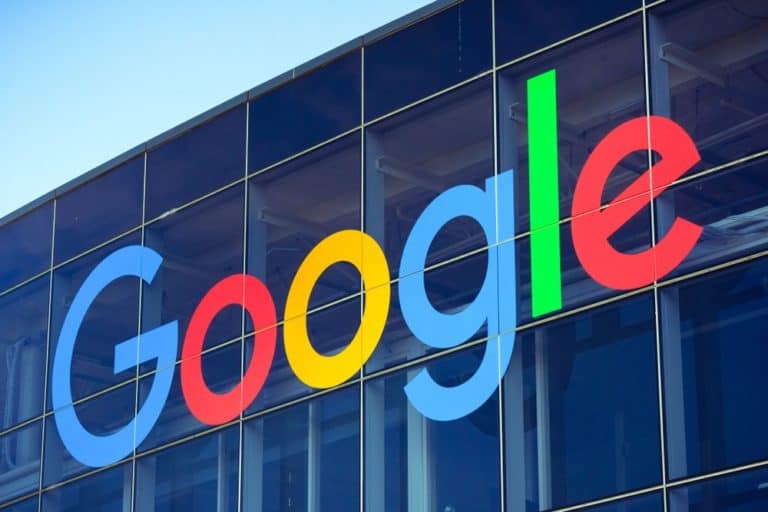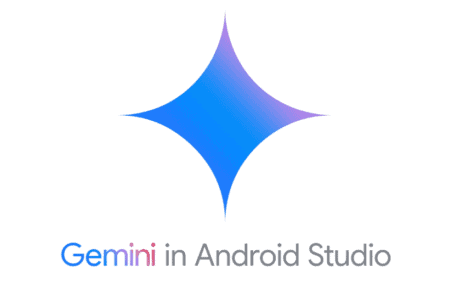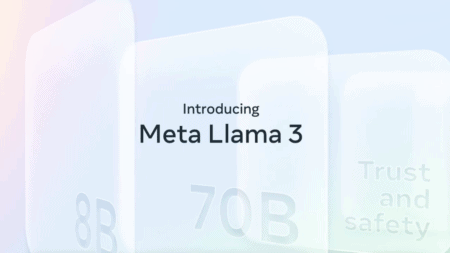Google changed its license terms this autumn. Manufacturers who wanted to put Android on their smartphones for the European market were offered different conditions. But now it appears that Google does not yet fully comply with the requirements of the European Commission.
The European Commission fined Google five billion dollars this summer. The latter got it because of measures that Google took on Android to harm its competition. For example, all kinds of Google services had to be on the devices. Google was given ninety days to amend these conditions and did so. In return, however, it adopted new measures which, according to some, are still not in line with the European Commission’s requirements.
Adverse new conditions
According to the privacy-focused search engine Qwant, which spoke to TechCrunch, Google’s new licensing terms ensure that smartphone manufacturers do not switch to other search providers. Instead of being an effective response to the demands of the European Commission, Google, according to Qwant, is actively working to discourage manufacturers from providing search alternatives and services from rival companies on their devices.
According to Qwant, Google does this by modifying its license conditions. Google has, as it were, separated its services from Android. If a manufacturer now chooses to include Qwant on an Android device, for example, they will have to pay $40 for the operating system. But if they choose to provide a Google service, they get a discount and sometimes even money.
Higher costs
Previously it was impossible to bid against Google, because Google blocked everything, says Qwant co-founder Eric Leandri. Now it’s possible. But if a manufacturer chooses to provide a Google service, or to choose Google as a search engine, then that makes money. And by doing so, they are once again abusing their dominant position. Because if I want, for example, 10 million smartphones, that figure has to pay 400 million dollars to Google. Do you really think we want to pay $400 million to Google just to supply Qwant?
TechCrunch did not receive any reactions to the article from Google, nor from the European Commission. However, it was informed that research is currently being conducted into the opinion of smartphone manufacturers to see how they perceive the new conditions.
This news article was automatically translated from Dutch to give Techzine.eu a head start. All news articles after September 1, 2019 are written in native English and NOT translated. All our background stories are written in native English as well. For more information read our launch article.


















